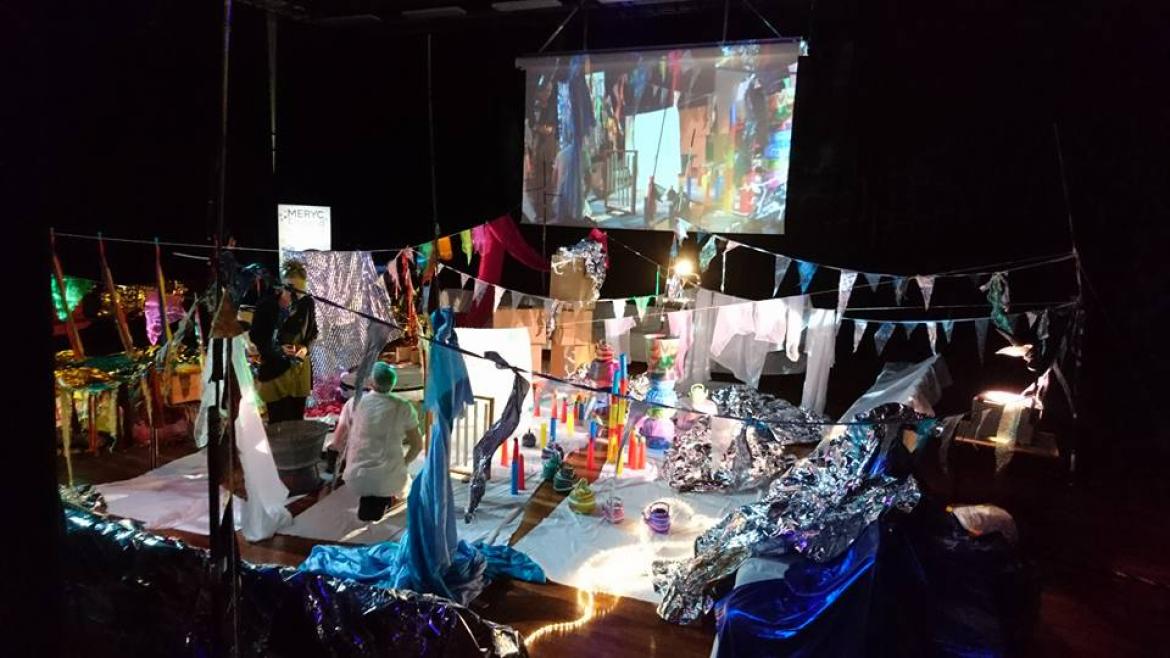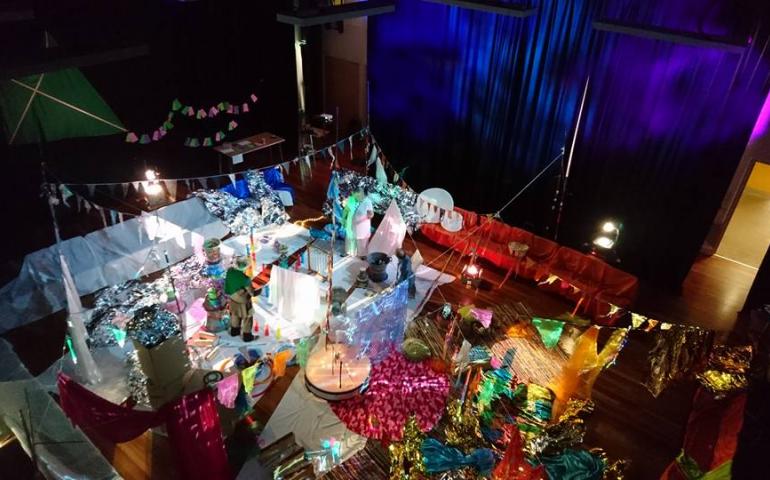Report from Michel Hogenes
Chair of EuNet MERYC
Last June, the eighth conference took place of EuNet MERYC, the European Network for Music Educators and Researchers of Young Children. The conference was titled: “Creating Musical Spaces Origins, Cultures and Childhoods”, and took place at Homerton College, the Faculty of Education of the University of Cambridge, United Kingdom. The conference was co-organised by MERYC-England, an independent incorporated charitable organisation for music educators and researchers of young children.
The MERYC network aims to create a platform where both researchers and practitioners can meet, share expertise and experiences, enthusiasm and insights on music education for young children. It wants to show the diversity of early childhood music research and practice. A diversity with regard to heritage of methods and approaches, philosophies and theoretical ideas, but also languages and cultures that form the basis that inspires enthusiastic music educators and driven researchers to take new initiatives. As a novelty, this year, EuNet MERYC opened its doors to non-European educators and researchers. Alongside European early childhood music research and practices, colleagues from the USA and Australia presented their work in Cambridge.
The MERYC Board was delighted to have participants representing a variety of twenty-two countries, including Australia, Austria, Belgium, Croatia, Cyprus, Estonia, Finland, Greece, Iceland, Ireland, Israel, Italy, Lithuania, the Netherlands, Norway, Portugal, Republic of Moldova, Spain, Sweden, Switzerland, United Kingdom and the United States of America. One of the aims of EuNet MERYC is to promote the participation of European countries from all corners of the continent, including the Baltic countries.
As been said, the title of the conference was: “Creating Musical Spaces Origins, Cultures and Childhoods”. Dr. Jessica Pitt, who was conference chair together with Prof. Pamela Burnard, said: “The organising committee could never have envisaged how the word ‘space’ would take on so many meanings through the conference. The ‘space’ to make music with young children in early years can relate directly to the practical environment (making noise can be difficult in some contexts), the ‘space’ to make music can be emotional - the knowledge and skills to make music may seem too daunting for some non-specialist practitioners and confidence can be an issue, as can finding and accessing appropriate training courses and on going support. The ‘space’ to make music can be about the musical activities themselves and the choices that the music leader makes when planning and leading the sessions - how do children find space to contribute to the process? And so on… Then there was the ‘space’ to be immersed for the week of an International conference - to think, share and ‘play’ together - this had a huge impact on many delegates. How do we find the necessary ‘space’ to reflect and develop our practice as music educators and researchers? 'Creating musical spaces' ran deeply and thematically through the week - joining and synergising the presentations, keynote addresses, workshops and creative experiences in a way that has left many of us transformed by the experience.”
If you are interested in reading more about the content of the MERYC Conference, please take a look at www.meryc.eu. On this website you can find – among other things – the full conference proceedings.
Would you be interested to attend the next EuNet MERYC conference? This will be held in 2019 in Ghent, Belgium. Information on this conference will follow on the website.
The board of EuNet MERYC promotes next year’s ISME’s international Early Childhood Music Education seminar in Shefa’Amr, Israel: “Young Children’s Musical Journeys”, among the members of
its network. The board wishes ISME's ECME commission all the best to organise a wonderful conference.














